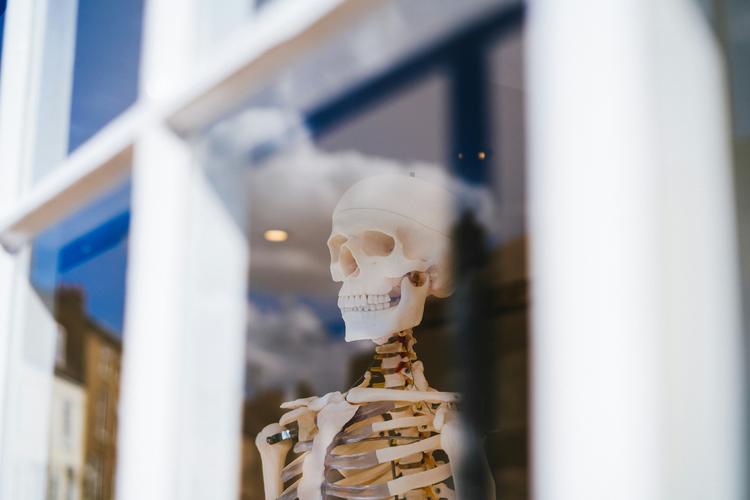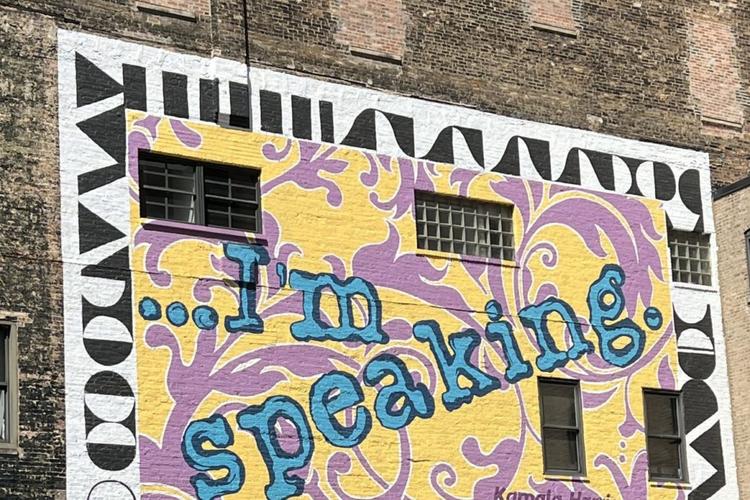Blog
🦴 How an Acidic Body Environment Can Contribute to Bone Mineral Loss
From a naturopathic lens:
Bone loss is not just about calcium intake
It reflects acid-base balance, hormone shifts, nutrition quality, movement, and stress
Supporting alkalizing minerals, collagen formation, and mechanical stimulation helps preserve bone naturally
Bone Basics
🌿 Bone Health after Menopause: A Naturopathic Guide
Menopause brings many changes — including a shift in hormones that affects bone health. Estrogen plays a protective role in bone remodeling, so as its levels decline after menopause, many women experience accelerated bone loss and increased risk of osteopenia or osteoporosis. This makes nourishing your bones holistically more important than ever. PubMed Central+1
🦴 The Amazing Biology of Bone
Bone isn’t static — it’s a living, dynamic tissue const…
Calling all MALE candidates for gut health research!
Bloated, Gassy and Ready to Burst?
Still room for male volunteers.
In collaboration with a local evidenced based scientific research study, Dr. Laura M. Brown, ND shares the folllowing;
Struggling with unexplained digestive symptoms? You’re not alone! Join others in helping to find natural ways to support gut health. Apex Trials invites you to participate in a study for adults aged 18-64 with mild to moderate gastrointestinal symptoms to evaluate the effects of a collagen peptide supplement on di…
Parasite?
Parasites live off their host (you) and have the potential to cause damage such as inflammation and leaky gut. Parasites are passed around through contaminated food and water, day care centres, foreign travel, mosquitoes, pests, pets, and sexual interactions. If there are symptoms, they are usually diarrhea, mucus, blood in the stool, fever, irregular bowel movement, and stomach pain. Parasites can also cause joint pain, skin rashes, allergic reactions, a weakened immune system, and fatigue.
…Gut Health Impacts Endometriosis
The Microbiome’s Role in Endometriosis
By Dr. Laura M. Brown, ND
Endometriosis is a chronic and often painful condition in which tissue similar to the uterine lining grows outside of the uterus. It affects approximately 10% of women of reproductive age and is a significant contributor to infertility.
Symptoms and Impact
Common symptoms of endometriosis include pelvic pain, painful menstruation, pain during intercourse, pain during bowel movements, painful urination, fatigue, depression, and gastroin…
What Your Nails Say About Your Health
By Dr. Laura M. Brown, ND
Your nails can be a surprising window into your overall health. Changes in their shape, color, texture, or strength can often reflect nutrient deficiencies, infections, or even internal health issues. Here’s what to watch for:
White Spots on the Nails
White spots are usually harmless and often caused by minor trauma (like bumping your nail). However, frequent spots could mean a deficiency in zinc, calcium, or selenium, possibly due to poor diet, leaky gut, or digestive iss…
Seasonal Allergies?
Seasonal Allergies, the Microbiome, and the Power of Postbiotics
How Your Gut Health Might Influence Your Allergy Symptoms
Seasonal allergies—also known as allergic rhinitis (AR) or hay fever—are one of the most common chronic conditions worldwide. These allergies are caused by an immune system response to airborne allergens like pollen from trees, grasses, or weeds. The symptoms of AR—such as sneezing, nasal congestion, and itchy eyes—affect millions of people, with over 500 million individuals s…
Rosacea: Understanding the Chronic, Inflammatory Skin Disorder
High Histamine?
Histamine release is part of the immune response to a foreign protein. Symptoms are usually confined to one area of the body and include itchy skin, low blood pressure, increased heart rate, changes in blood vessel wall permeability, flushing, pain, and difficulty breathing. Some of these bodily changes result in sneezing, nasal congestion and runny nose. If the immune reaction is severe, it causes anaphylaxis, which is a body wide, life threatening over production of histamine.
1. Some people d…
Bad Breath, Bloating, Belching, Burning
H.Pylori speaks for itself! Approximately 90% to 100% of patients with duodenal ulcers, 70% of patients with gastric ulcers, and about 50% of people older than 50 years test positive for H. Pylori. Signs are often bad breath, bloating, belching and burning.
Helicobacter pylori (H. Pylori) is a type of bacteria that infects your stomach and can cause ulcers, inflammation, or even stomach cancer. It produces urease and carbonic anhydrase, which cooperatively function to achieve a detrimental neutra…









